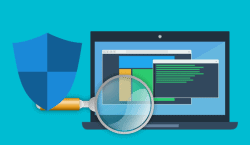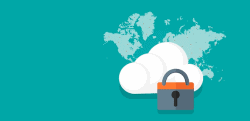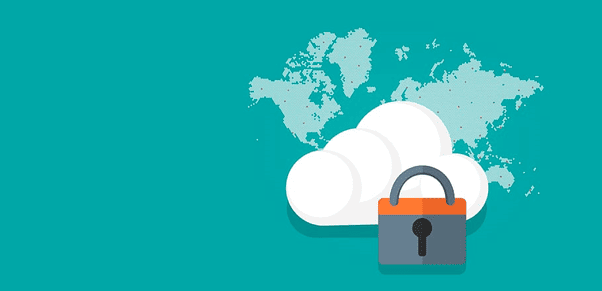With so many options when it comes to building your website, there’s one factor that should always be your primary consideration. Security for your site is absolutely essential, and not only for your customers who make transactions or share their personal data. Your files and information must also be safe, in order to keep things running smoothly.

Potential pitfalls
Entrusting your website to an outside service is a decision that can certainly help your business bloom, but a poor host can cause significant problems. Opting for a cheaper host that relies on shared servers can be catastrophic. If another website using that same server has poor security measures in place, your website could suffer performance issues, be subjected to cyber-attacks or even be forced offline as a result. This could significantly affect your business financially, and you will be left to try to fix the problem yourself.
A more secure experience
Managed hosting on a secure private server is a much smarter choice. Whilst it may seem the more expensive option, your security needs will be taken care of and any issues dealt with by your host’s dedicated team. A managed service saves you time, as every aspect of running a secure website is dealt with. Software updates and security protocols will be kept up to date, and the risk of any security breach is greatly reduced. Any plug-ins can be rigorously checked to confirm that they are safe, and updates taken care of. Ultimately, opting for a managed service is likely to save you money in the long run, as all costs are clearly included in your package (including access to expert support staff) and you don’t have to worry about any additional hardware or software licensing costs. With hosts such as https://www.names.co.uk/web-hosting you can monitor all safety protocols via a dedicated control panel.

There are steps that you can take to help optimise security, too. Make sure passwords are updated regularly, back up your website regularly and save these files offline. Web hosts often offer cPanel, which makes the backing up process quick and easy. It’s good practice to have SSL certification, and to ensure that secure file (SFTF) transfers are enabled. Keep your eyes open for signs of any suspicious traffic to your site, and carefully monitor access levels granted to different website users, to make sure they are appropriate.

